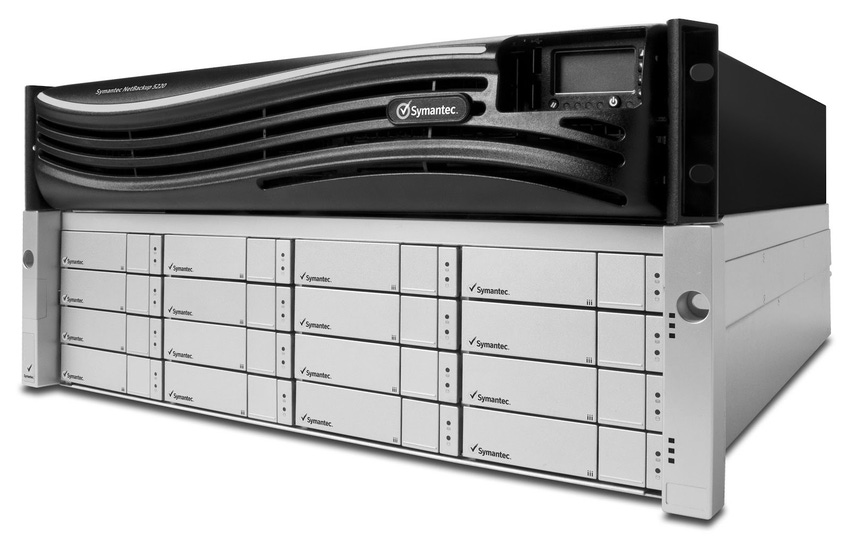In the late nineteenth century, the Swiss Army decided to provide new knives for its soldiers. The aim was a multifunctional tool that reduced the tools a soldier would need to carry. This was realized in 1891, with the first Swiss Army knife, which – in addition to a blade – contained tools to help the soldiers open canned food and disassemble their rifles. Fewer tools to carry meant improved mobility for soldiers, and updated versions of these knives are still issued to soldiers today.
March 27, 2013

By Symantec Guest Blog 2
In the late 19th century, the Swiss Army decided to provide new knives for its soldiers. The aim was a multifunctional tool that reduced the tools a soldier would need to carry. This was realized in 1891, with the first Swiss Army knife, which—in addition to a blade—contained tools to help the soldiers open canned food and disassemble their rifles. Fewer tools to carry meant improved mobility for soldiers, and updated versions of these knives are still issued to soldiers today.
Today’s businesses have a similar need to minimize complexity while managing their expanding needs in IT. Delivering a constant stream of new technologies often requires additional equipment in the data center, and coordinating ever-expanding hardware and software is becoming more challenging. One of the most important areas where partners can help businesses reduce complexity today is with effective data protection.
Some organizations have been reluctant to adopt a backup strategy, thinking it was difficult and time-consuming, and welcoming any insight on making the process simpler. Software-based backup, for example, requires a server, an operating system, storage space and the backup software itself, making it a challenge for partners to sell customers on the need for a backup strategy. To reduce this required amount of hardware and software, partners are now finding success placing backup appliances in the data center of their customers. Appliances deliver both hardware and software in a single package, which you will find especially useful for organizations in these circumstances:
When a company has remote offices (and are unlikely to have regular IT support at the ready) a non-technical employee is often relied on to perform backups. By utilizing a backup appliance, businesses don’t have to manage the hardware and software separately, saving time and resources.
Companies performing a media center refresh can opt for a backup appliance to reduce the components they have to manage.
Backup appliances are useful for organizations implementing virtualization, as the overall goal of virtualization is to reduce the physical devices needed in the data center.
Backup appliances can also provide additional benefits such as data deduplication and subsequently reduced storage needs, as well as better recovery from incidents of information loss. In considering what backup appliance will be best, however, companies should consider integrated appliances such as Backup Exec 3600 or the NetBackup Appliance 5200 Series from Symantec. Target appliances (from other vendors) provide deduplication or storage but do little to reduce complexity as they still require a separate media server. An integrated appliance, on the other hand, provides full functionality while performing the tasks of three or more appliances in a single device.
Symantec’s integrated appliances also provide additional information management features. They maximize OpEx savings, because there is no need to maintain, patch and upgrade the separate elements of the backup infrastructure such as the storage and operating system. This in turn provides increased time savings for IT, and allows them to perform backups remotely to ease the technical burden on offsite IT staff.
Symantec is committed to providing partners with the best solutions possible to deliver to their customers, and backup is a critical part of an effective information protection plan. Integrated backup appliances give organizations the flexibility to perform consistent, reliable backup and recovery operation, while reducing costs. They may not seem to have a lot in common with the Swiss Army knife, but in today’s data center, accomplishing more with fewer devices is just as important as having the right equipment to patrol a snowy mountain pass.
 John Eldh is VP of channel sales for the Americas at Symantec. Monthly guest blogs such as this one are part of The VAR Guy’s annual sponsorship program. Read all of Symantec’s guest blogs here.
John Eldh is VP of channel sales for the Americas at Symantec. Monthly guest blogs such as this one are part of The VAR Guy’s annual sponsorship program. Read all of Symantec’s guest blogs here.
You May Also Like
